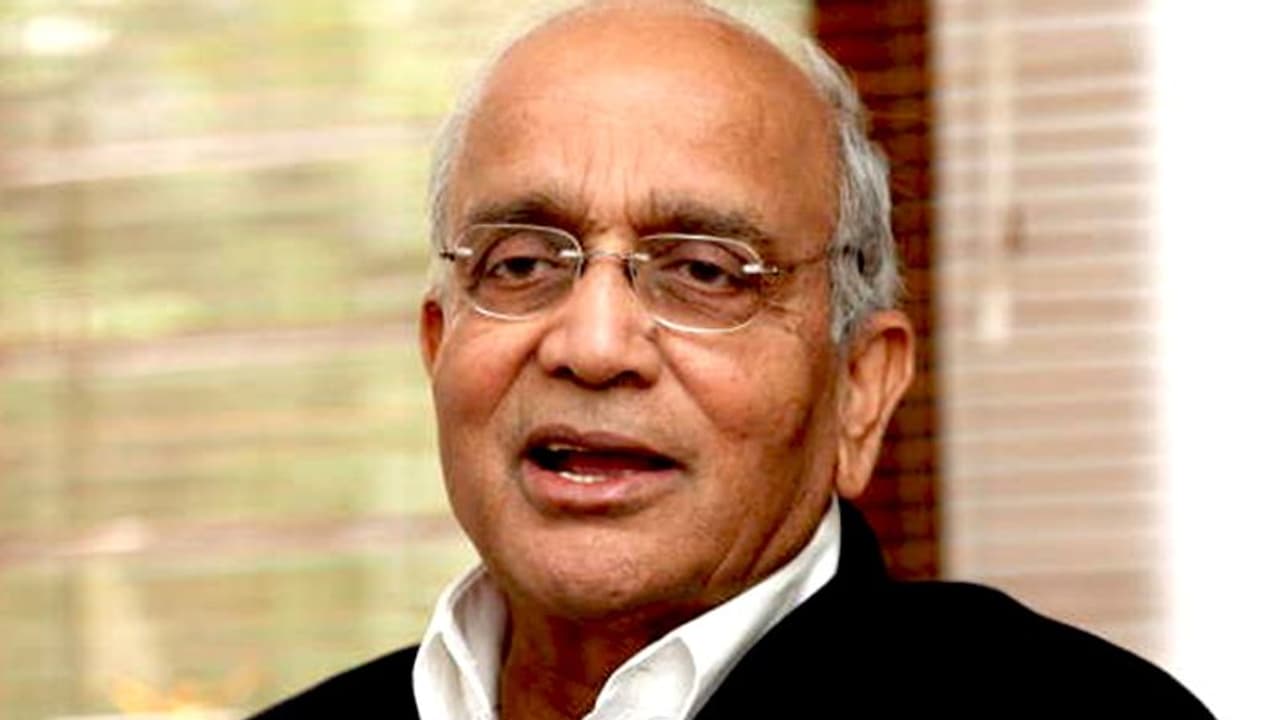Maruti chairman RC Bhargava has blamed the introduction of safety features like ABS and air bags on new cars for the drop in car sales
Bengaluru: Maruti cars have had a tremendous impact on Indian citizens for a long, long time.
But as the economic slowdown hits India, the sales of cars have hit the rock bottom and the automobile sector is facing the worst-possible crisis.
Most of us know that the consumption power of the common man has been hit hard. But did you know that security features like air bags and ABS has also burdened the common man?
Listen in straight from the horse’s mouth RC Bhargava, Maruti chairman.
Economic Times quoted him as saying, “A ‘paralysis of decision-making’ in the banking sector and mandate to introduce safety features such as air bags and ABS on new cars have made them costlier and out of the reach of the two-wheeler rider.
He also emphasised that entry-level four-wheelers have become unaffordable to buy and maintain for the common man.
Bhargava is also not in consonance with the GST cut, sought by auto industry body Siam and CEOs. They had sought a cut in GST rates from 28% to 18%.
He said, “The guy who rides a two-wheeler wants to upgrade to a four-wheeler. But he’s unable to do so in terms of his financial capacity,” while pointing out that the sales of Alto had crashed 50%.
The chairman also refused to buy arguments that the present slowdown in the auto sector — where sales have touched lowest in two decades — is related to “structural shifts” such as the rising popularity of shared mobility such as Ola and Uber. Rather, it is due to a number of factors, such as stricter safety and emission norms, enhanced insurance costs, and additional road tax in around nine states, which have depressed the sentiment.
The chairman also had this to say about safety measures in cars.
“The Indian car buyer is not like the European or the Japanese car buyer. The per capita income here is around $2,200, China has around $10,000, and Europe about $40,000. How do you compare with those people? But when it comes to regulations, everybody in India says we must have the best regulations … you have to look at the affordability of a product considering the Indian level of incomes and not somebody else’s level of income.”
